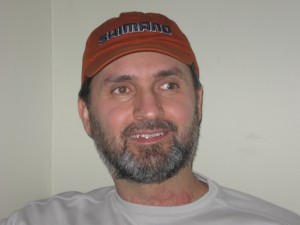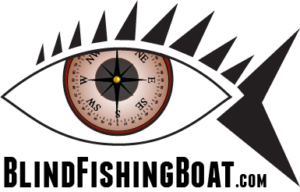81ST “Nature and Outdoor Tourism Ontario” Congress

In late October I attended the 81st Nature and Outdoor tourism Ontario Congress as their key note speaker and a workshop facilitator. NOTO has close to 400 members made up of fishing and hunting lodge operators and is their voice to government (www.noto.net). The Congress this year was held in Dryden Ontario not far from the Manitoba border.
The subject of my key note address was a “Business Case for Accommodating Disability”. My workshop focussed on strategies for making lodges, cottages and outposts more accessible to outdoor enthusiasts with disabilities.
Operators of fishing and hunting facilities have been reporting a trend that their clients are growing older and expressing concern over their continued participation in the out-of-doors due to their taking on disabilities of one type or another. Their observations are backed up by demographic trends that verify the population in Canada and the U.S. is aging. As we age the possibility of our taking on a significant health issue that impacts on how we live our lives on a daily basis increases.
According to statistics Canada and the most recent census data from the U.S. there are over three million Canadians and 47 million Americans who report experiencing health issues that limit how they live their daily lives. More precisely, for those between the ages of 40 and 65 the disability rate is 17%. It moves up to 40% for those between the ages of 65 and 75, and hits 53% for those over 75. This means one in every four or five outdoor enthusiasts over the age of 40 is more than likely to experience a long-term limitation.
A number of operators relayed stories to me about how they engineered or took into consideration accessibility issues for specific guests ranging from purchasing gulf carts to shuttle their more senior guests to and from docks and cottages, to using pedestal sinks in cottage bathrooms to accommodate the turning radius of people using wheel chairs, to purchasing boats with removable pedestal seating and electric start outboards to accommodate those with back pain issues or guests in wheel chairs. Their legendary ingenuity was more than evident. There was also a strong desire expressed for more creative solutions that could be employed in planning future infrastructure modifications, additions and services.
It was quite evident that even though this past year was a tough one economically for the operators as a whole due to issues such as the higher Canadian dollar and the economic slowdown, their collective optimism was more than infectious and I have to wonder if it may have something to do with their shared attribute of facing adversity head-on. I left the Congress with a pocket full of business cards from operators eager to have me include their facilities in my blind fishing adventures that I organize for fishers with limited or no sight from around the world. I also gained a much deeper appreciation of the challenges and rewards operating such facilities bring. These entrepreneurs truly represent in every way Canada’s pioneer heritage, and serve as stewards of the environment from which they make their living.
